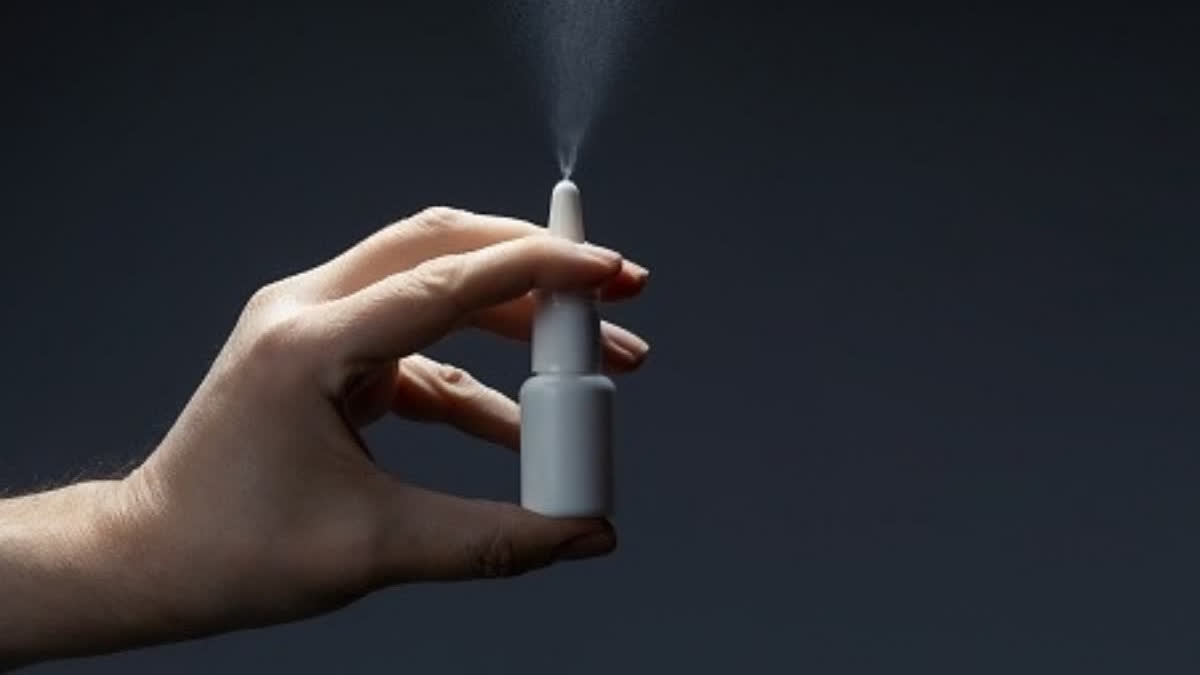New Delhi: A nasal vaccine adjuvant, or a substance added to nasal vaccines to trigger a stronger immune response, was found to stop COVID-19 infection in both young and old mice. Several current vaccines contain adjuvants, which boost the effectiveness of a vaccine. While vaccines are known to offer protection against serious illness and death, vaccines can be improved in their ability to stop the spread of SARS-CoV-2 at the point of entry in the upper respiratory tract, the research led by the University of Michigan (U-M) and the Icahn School of Medicine at Mount Sinai, US, said.
Their vaccine protocol combines a nanoemulsion, similar to a tiny droplet of oil and water, and an RNA-based molecule, which is the adjuvant, recognised by the immune system. The RNA adjuvant triggers antiviral pathways inside the cell while the nanoemulsion carries it into the cell, the study published in the journal NPJ Vaccines said. This helps prevent the adjuvant from being cleared too quickly from inside the nasal passages, along with activating immune pathways complementary to the one triggered by the RNA adjuvant, it said.
Testing the combined vaccine, including the adjuvant, the researchers detected an enhanced antibody and memory T cell response in both young and old mice, including in the mucus-secreting membrane lining of the upper airway where the virus starts to proliferate. "It's very hard to induce a strong immune response with intranasal vaccines containing just the protein or inactivated virus alone because your mucosal sites will see many things during the day or over a lifetime and are to some extent 'trained' not to overreact.
